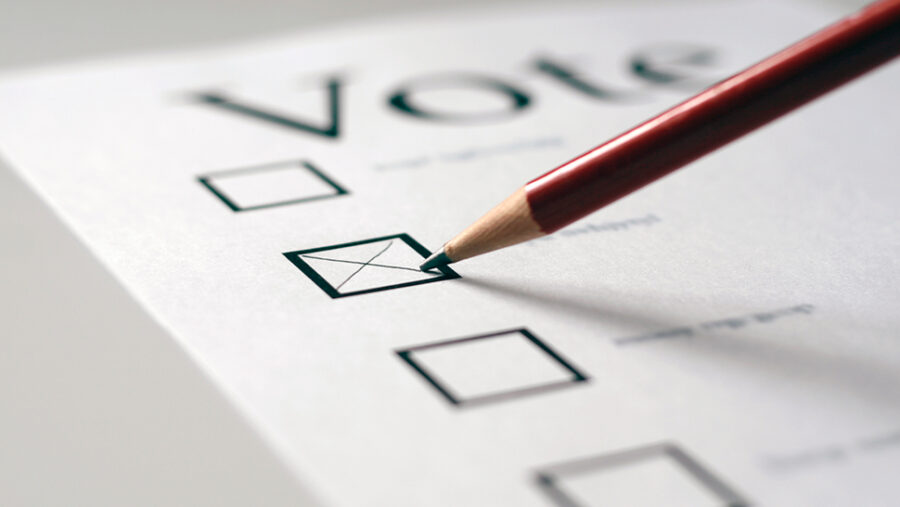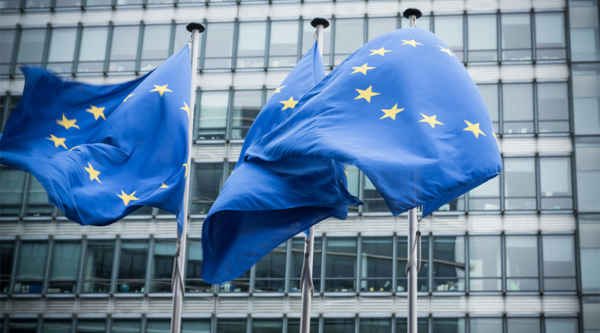

The Prime Minister Rishi Sunak has called a general election to take place on 4 July 2024. Ahead of the election, Orlando Fraser KC, Chair of the Charity Commission, has reminded trustees in his recent blog of their responsibilities when making decisions around political activity and campaigning:
“Charities may give support to or raise concerns about specific policies advocated by political parties but as trustees and leaders of charities, you have an important responsibility to ensure that everything you do, and every decision you make, helps you further your charity’s purposes and is in the best interests of your charity.
“Charities are required to be independent and cannot have political purposes, and this is important for public trust in charities. As such, charities must never stray into party politics – they must never promote, or be seen to promote, a political party or candidate.
As trustees and charity leaders you must protect your charity’s reputation and not allow your organisation to be used as a vehicle for the expression of the party-political views of any individual trustee, employee, political party, or candidate.”
The Charity Commission has also published guidance on the key issues and questions for charities to consider based on insights from their casework into campaigning and political activity during previous election periods. The key issues they have provided guidance on include:
- Supporting or criticising particular policies, a political party or a political candidate
- Political activity and campaigning by a charity trustee or employees
- Visits to charities by prospective candidates.
In December 2023 Orlando Fraser KC published a detailed blog jointly with the Chair of the Electoral Commission John Pullinger. The blog seeks to reassure charity leaders and trustees that the law is clear about the right of charities to campaign and refers to the Charity Commission’s guidance: ‘Campaigning and political activity guidance for charities (CC9)’.
This is designed to guide charities wishing to engage in campaigning and political activity on the legal and regulatory framework and is guidance with which charities and charity trustees should be familiar. There is also a concise ‘five-minute guide’ for those who need a quick refresh, which sets out:
- What the Commission means by “political activity”
- The rules on political activity
- Engaging in political activity
- Working with politicians
- Other campaigning.
Charities and charity trustees have also been asked to read and familiarise themselves with the new Non-Party Campaigner Code, which came into effect from 1 December 2023 (the “Code”). The Code is statutory guidance and is different from other types of guidance that the Charity Commission publishes because it has been approved by Parliament, indicating its importance.
The Code explains that charities are required to register as non-party campaigners if they spend more than £10,000 – previously this was over £20,000 in England – on regulated campaign activities in the 12 months leading up to the next general election, known as the ‘regulated period’. A ‘regulated activity’, in this context, will include any activity that can reasonably be regarded as intended to influence people’s voting choice. Charities may also be required to provide financial returns after the election. If a charity thinks they may have to register, the Electoral Commission advises them to do so early.
Furthermore, the new rules also require an imprint on all digital material that falls within the definition of regulated campaign activities, in order to tell voters who is responsible for publishing and promoting campaign material. This means that many types of digital material, such as social media adverts and posts, will require an imprint. The Electoral Commission has provided statutory guidance on digital imprints and has encouraged charities to send any queries about the new campaigning rules to them.
In a joint statement, Orlando Fraser and John Pullinger said: “We understand that these changes can appear daunting. That’s why we want to make sure you feel equipped to enter the next election period, undertaking any campaigning to advance your charity’s purposes, with confidence.
“We want to stress that electoral law exists not to limit campaigning, but to ensure that there is transparency around key campaigning activity.
“Finally, everyone who engages in policy discussions around elections plays a part in supporting respectful debate and public confidence, but charities hold a unique position in law, and can and should model a better kind of discourse while championing their important work. If you do choose to engage, we expect you to do so in a manner that is respectful and tolerant and in a tone that reflects your standing as a registered charity.”










